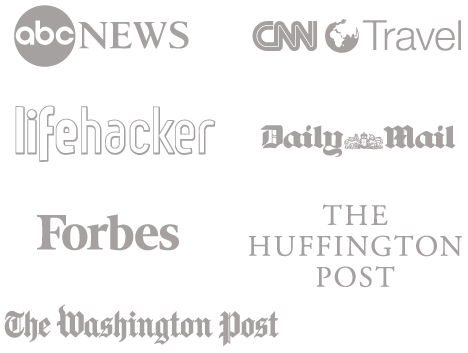LinkedIn is today’s mainstream professional social media application with more than a billion people using it. This means that if you are a marketer, LinkedIn is your playground for influencer marketing as well as targeted paid ads and so in this article, you’ll discover how to run LinkedIn ads using Data Science.

Here is a step-by-step guide on how to run LinkedIn ads using Data Science under the LinkedIn for Business plan:
1. Identify your primary LinkedIn audience
Baby boomers constitute a large chunk of the active users on LinkedIn, however, they might not be your primary audience. The first thing you have to do is figure out if your primary audience is on LinkedIn or not and if you actually want to spend money on the platform.

Here are some questions you should answer to identify your primary audience:
- Gender: What gender are they?
- Age: What age group do they fall in?
- Location: Which location are they situated in?
- Interest: What are their interests?
2. Research LinkedIn Statistics
Once you’ve identified your primary audience, the next step is to find if your primary audience is in one of LinkedIn’s ad-supported regions or not. LinkedIn is yet to release the paid ad feature globally and if you’re looking to run ads for a primary audience that resides in out-of-support reasons then you are out of luck.

Also, it is a good idea to know the general statistics of users on LinkedIn since if you’re looking for age ranges between 12-16 to advertise on LinkedIn, you might have to think twice.
3. Run LinkedIn ads using A/B testing
You’ve made a great marketing video and you’re in excitement to run your first ad. Do you spend all your marketing budget on it? No. The correct way to spend your marketing budget on LinkedIn ads is to do so by performing A/B testing.

A/B testing (also known as split testing or bucket testing) is a method of comparing two versions of a LinkedIn ad against each other to determine which one performs better. For example, the ‘A’ version of your LinkedIn ad may highly focus on a subset of your primary audience characteristics and the ‘B’ version may focus on the entire primary audience characteristics itself.
Running both the ‘A’ and ‘B’ versions of your LinkedIn ads will help you determine the best performing ads in between the two while staying low on budget. You can also experiment with campaign changes such as changing the location, shifting the age ranges, and much more.
In Conclusion
Now you know how to run LinkedIn ads using Data Science. The trick is simple: Gather market data before you run your own LinkedIn ads and once you starting running your own ads, just gather your own data and optimize.
Do you want to learn Python, Data Science, and Machine Learning while getting certified? Here are some best selling Datacamp courses that we recommend you enroll in:
- Introduction to Python (Free Course) - 1,000,000+ students already enrolled!
- Introduction to Data Science in Python- 400,000+ students already enrolled!
- Introduction to TensorFlow for Deep Learning with Python - 90,000+ students already enrolled!
- Data Science and Machine Learning Bootcamp with R - 70,000+ students already enrolled!
